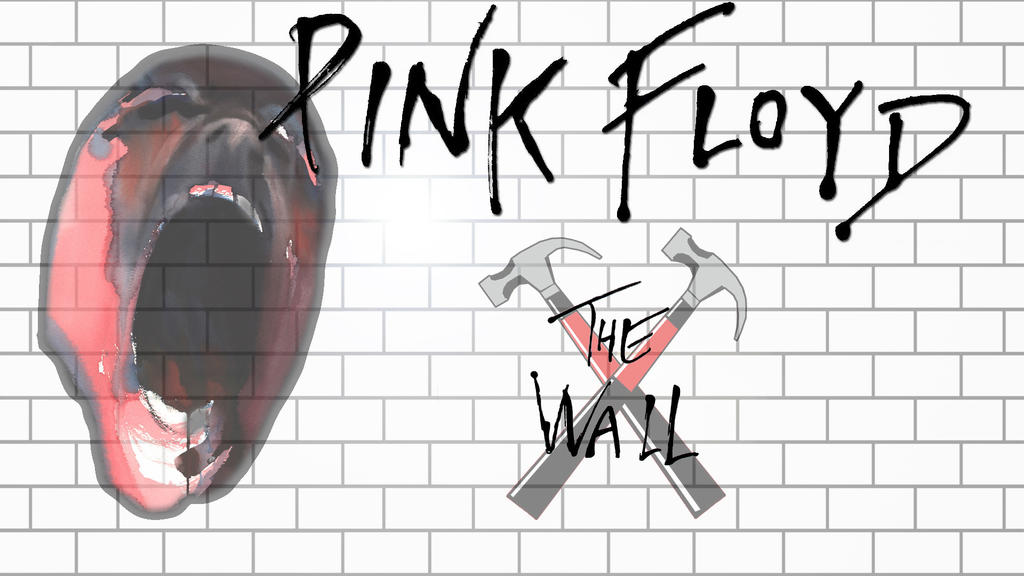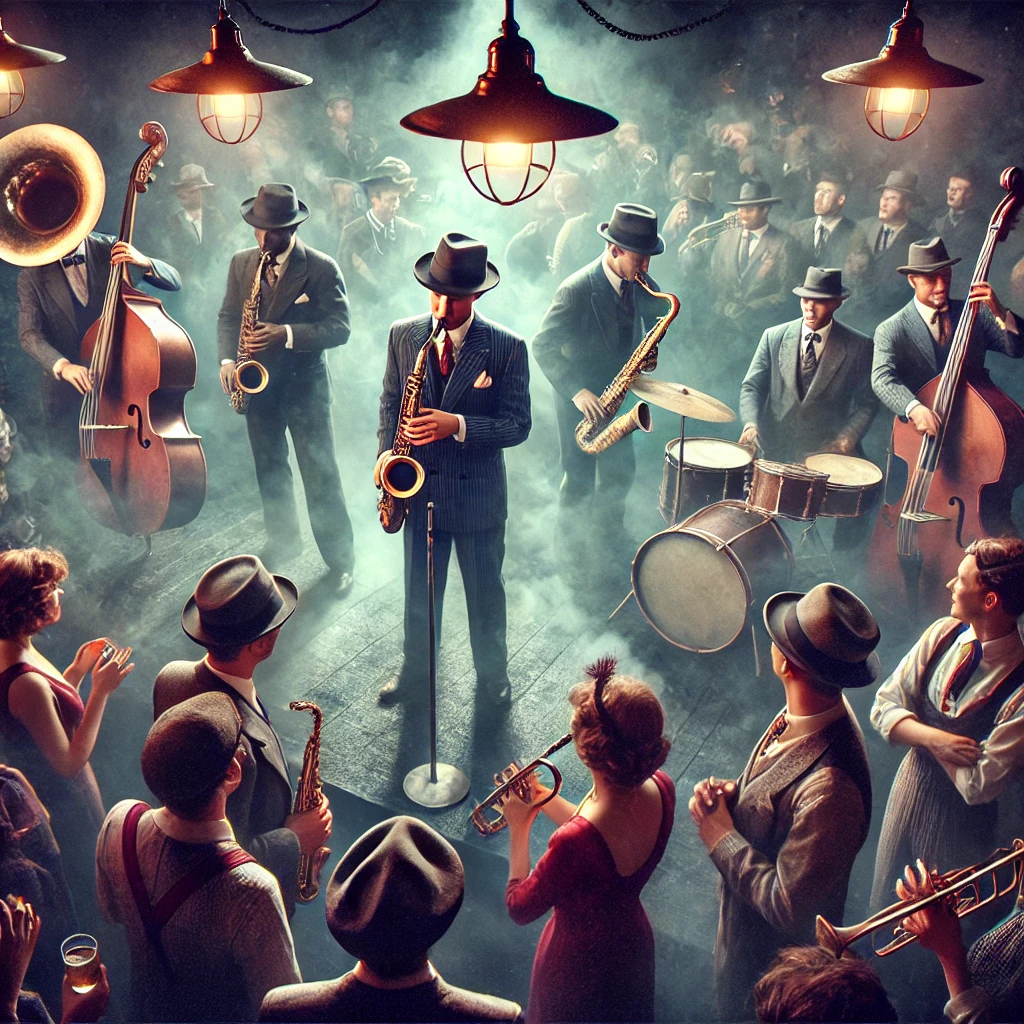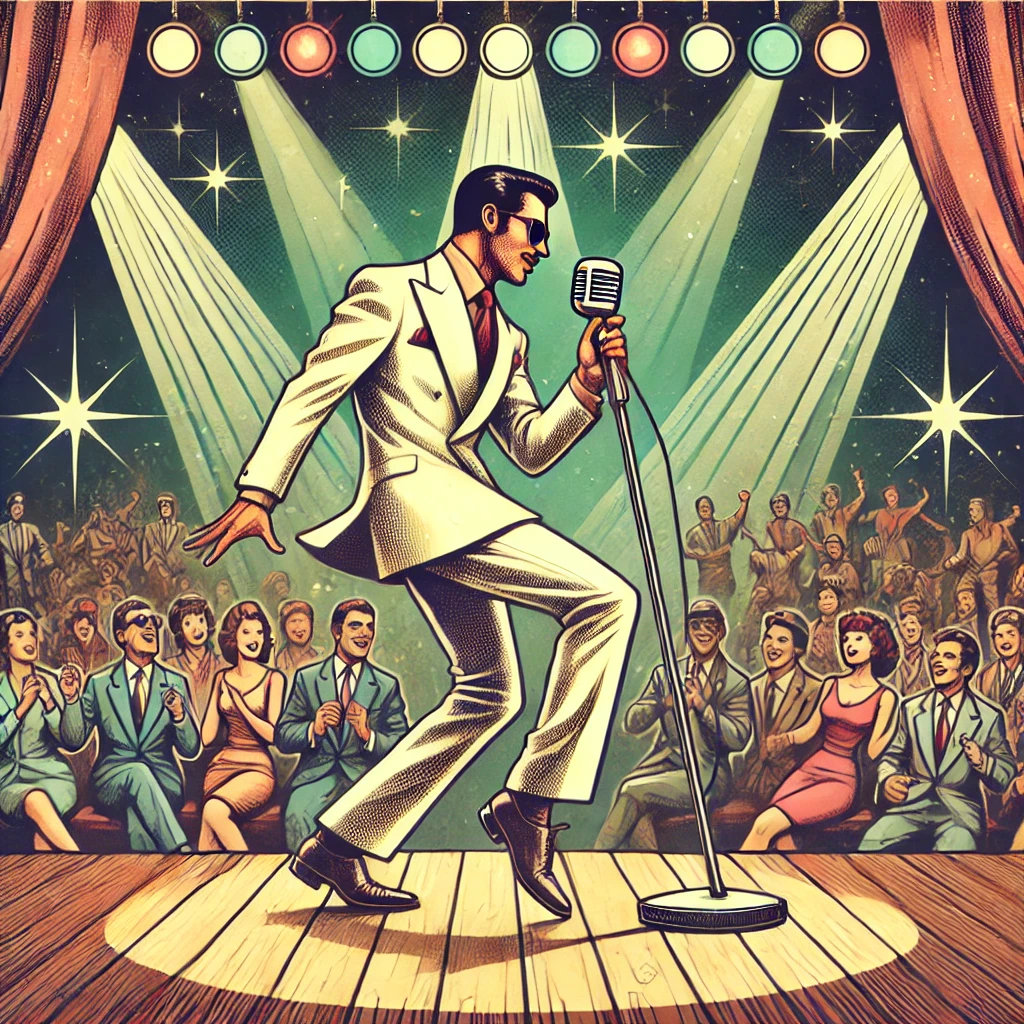Concept albums. Just the phrase gives music lovers goosebumps. These masterpieces don’t just serve up hit singles—they tell stories, craft worlds, and pull you in for a journey from the first note to the last. In this article, we’ll dive into the concept albums that didn’t just rock the charts—they rocked the foundations of music itself. So buckle up, music aficionados, because we’re going on a wild ride through the most influential concept albums of all time.
What Exactly Is a Concept Album?
Before we hit the highlights, let’s answer the big question: what’s a concept album? Unlike traditional albums that often feel like a collection of loosely related songs, a concept album is unified by a single theme or story. Each track works together to create a cohesive narrative or explore a central idea. It’s like reading a book, but you’re doing it with your ears—and often with way cooler cover art.
Pink Floyd’s The Wall – A Musical Odyssey
If you haven’t heard of Pink Floyd’s The Wall, are you sure you’re on the right website? Released in 1979, this double album is one of the most famous concept albums of all time. The story? It follows Pink, a disillusioned rock star who builds a metaphorical (and sometimes literal) wall around himself, isolating him from society. The album explores themes of abandonment, war, mental illness, and alienation.
More than just music, The Wall spawned a feature film and some of the most iconic live shows in rock history (we’re talking flying pigs, people!). The album is an enduring symbol of what happens when music, storytelling, and theater collide in perfect harmony

David Bowie’s The Rise and Fall of Ziggy Stardust and the Spiders from Mars – An Alien Tale
David Bowie never did anything halfway, and his 1972 album, The Rise and Fall of Ziggy Stardust and the Spiders from Mars, is no exception. This sci-fi-themed concept album introduces us to Ziggy Stardust, an androgynous alien rock star who delivers a message of hope to a dying Earth.
The genius of Bowie wasn’t just in creating a concept album but in embodying the character of Ziggy in his live performances. The album is a statement on fame, identity, and the pressures of the music industry—all wrapped up in glam rock glitter and intergalactic coolness.


The Who’s Tommy – The Birth of Rock Operas
Before there was The Wall or Ziggy Stardust, there was Tommy. Released in 1969, this double album by The Who is often considered one of the first rock operas. The story centers around Tommy, a boy who becomes deaf, dumb, and blind after a traumatic experience but later becomes a pinball champion and a spiritual leader. (Yeah, it’s a wild ride.)
While the plot is bizarre, the music is iconic, with tracks like “Pinball Wizard” becoming anthems of a generation. Tommy paved the way for future concept albums, showing that rock music could tell a complex story, much like classical operas of the past.
Green Day’s American Idiot – A Punk Rock Protest
Who says punk can’t be conceptual? In 2004, Green Day released American Idiot, a politically charged concept album that tells the story of a disillusioned youth (aptly named “Jesus of Suburbia”) living in post-9/11 America. The album channels feelings of anger, frustration, and confusion, resonating deeply with a generation grappling with political unrest and cultural shifts.
The album also marked a turning point for Green Day, proving they weren’t just about teenage angst but could tackle bigger themes while still delivering punk anthems with their signature edge.
Kendrick Lamar’s To Pimp a Butterfly – A Modern Masterpiece
Fast forward to 2015, and we have Kendrick Lamar’s To Pimp a Butterfly. This album isn’t just a collection of songs—it’s a social commentary, a meditation on race, identity, and the black experience in America. Blending jazz, funk, and hip-hop, Lamar weaves a story of personal and collective struggle, triumph, and transformation.
Concept albums don’t just belong to the past—Lamar’s work proves that they can evolve with the times, tackling contemporary issues while still pushing the boundaries of music and storytelling.


The Legacy of Concept Albums: Where Do They Stand Today?
Concept albums have always been more than just a series of songs. They’re artistic statements, musical journeys, and cultural commentaries all wrapped into one. From the political undertones of American Idiot to the existential musings of The Wall, these albums challenge listeners to think beyond the music and dive into the deeper narratives within.
In an age of streaming and singles, the concept album remains a testament to the power of storytelling in music. As long as there are artists willing to push boundaries and experiment with form, the legacy of the concept album will continue to inspire and evolve.



